Ark Vivah
Ark Vivah is a Vedic ritual performed to neutralize the effects of Manglik Dosha in a male’s horoscope before marriage. In this ceremony, the Manglik person symbolically marries an Ark plant (Calotropis), which absorbs the negative influence of Mars and protects the actual marital life from its harmful impact.
Ark Vivah is mostly performed in Temple. Poojat will help you to arrange a temple near your location

It is believed that marriage between a Manglik and a non-Manglik without remedies may result in serious marital difficulties or health risks for the non-Manglik partner. Partial Manglik Dosha can also arise due to the placement of Sun, Saturn, Rahu, or Ketu in these houses.
The ritual is performed by Panditji with Gauri Ganesh Puja, Kalash Sthapana, and Navagraha Puja, followed by chanting of Vishnu and Mangal mantras. A Havan is conducted, and the symbolic marriage with the Ark plant is performed according to the scriptures, ending with Visarjan.
Muhurat for Perform Ark Vivah
Ark Vivah is performed on Tuesday based upon kundali
Fasting Guidelines
Please observe a fast until the pooja is completed.
Benefits of Ark Vivah
-
Reduces and neutralizes Manglik Dosha
-
Ensures a stable, happy, and long married life
-
Helps avoid complications related to remarriage
-
Reduces obstacles in childbirth and marital harmony
Book Pandit for Ark Vivah


5226 Bookings


6560 Bookings


7463 Bookings


5955 Bookings


7653 Bookings


9173 Bookings
Pooja's FAQ
After booking a pooja with a pandit or temple, you will receive the pandit's contact number in the booking section. Feel free to reach out to confirm details and discuss any specific requirements.
Ark Vivah Puja is a Hindu ritual performed for males who have Manglik dosh or indications of a second marriage in their horoscopes. This puja involves marrying the individual to the Ark plant (Mandar plant) to alleviate the negative effects of Manglik dosha.
Ark Vivah Puja is specifically performed for males with Manglik dosha in their horoscope. It is believed to help them lead a happy and hurdle-free life in their marriage.
- Removal of Mangal Dosha from the horoscope.
- Beneficial for a long, stable, and happy married life.
- Relief from other malefic effects of the planet Mars.
Feel free to contact the pandit for guidance on samagri and other arrangements by making a call.
This puja is performed to invoke the blessings of Lord Ganesha, Goddess Gauri, and the Navgrahas (nine planets). It is considered auspicious for the successful completion of the Ark Vivah Puja.









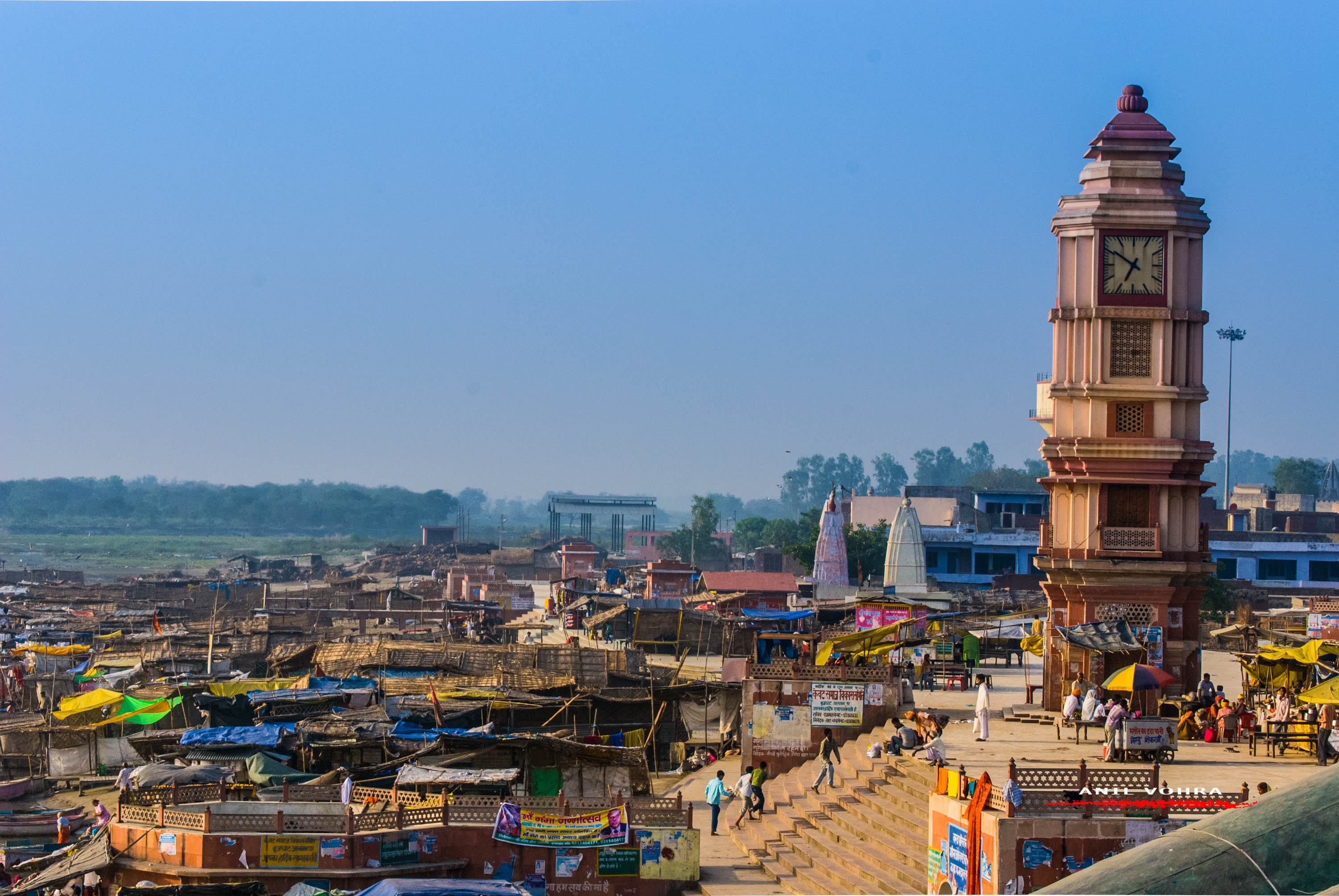
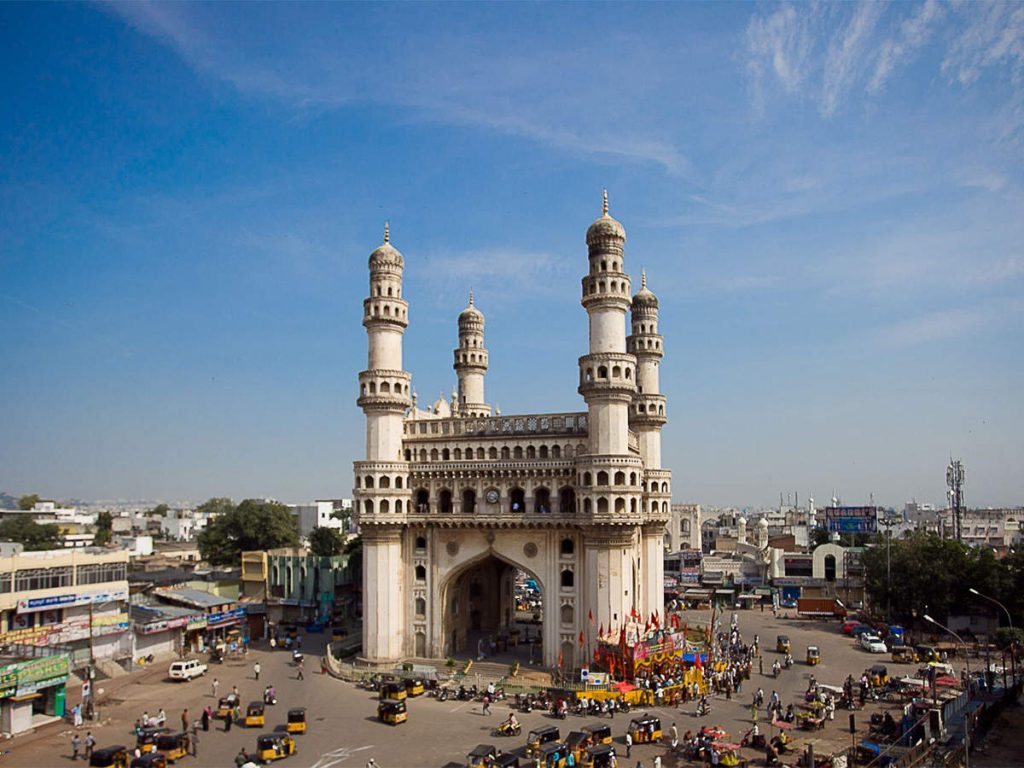


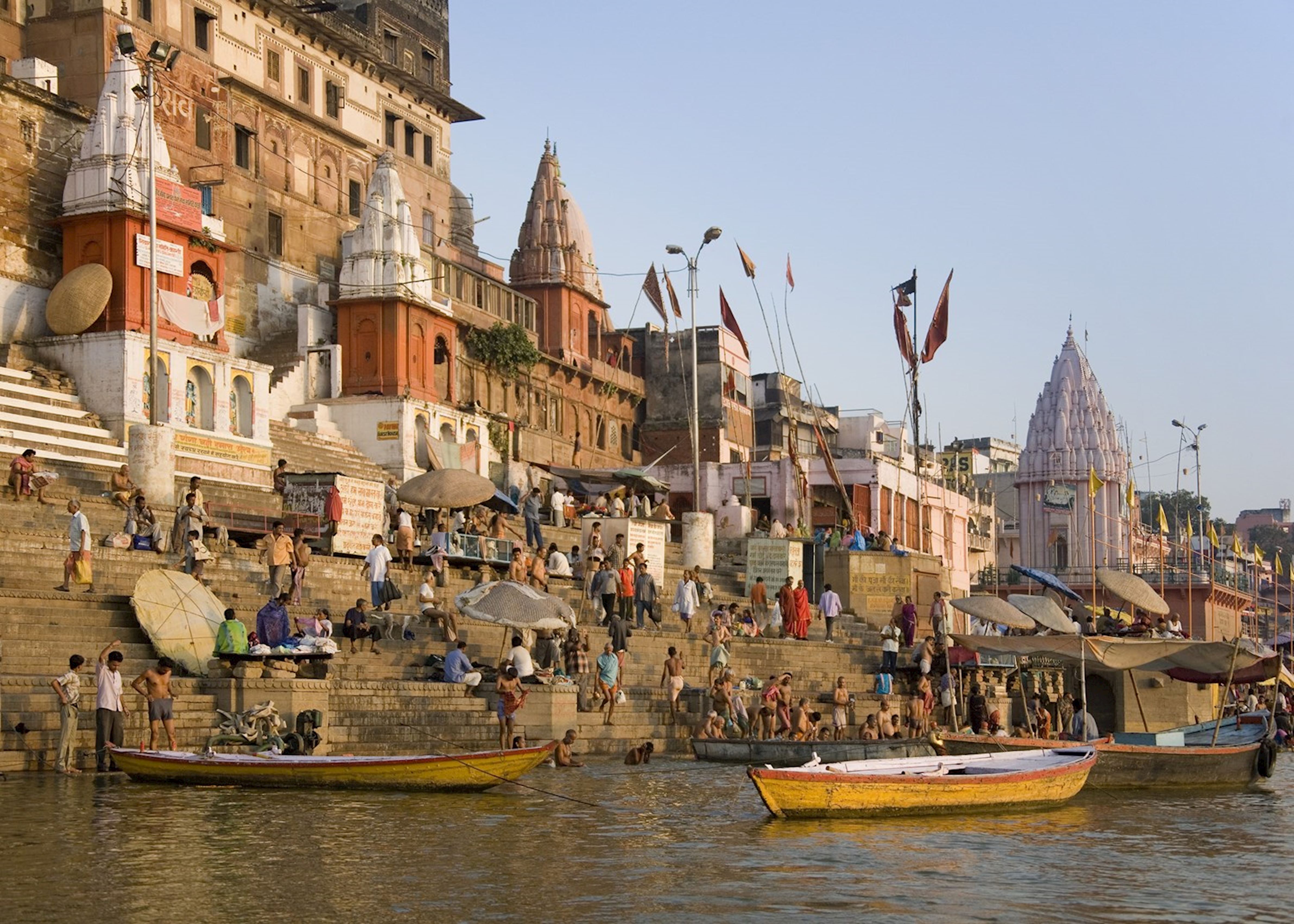

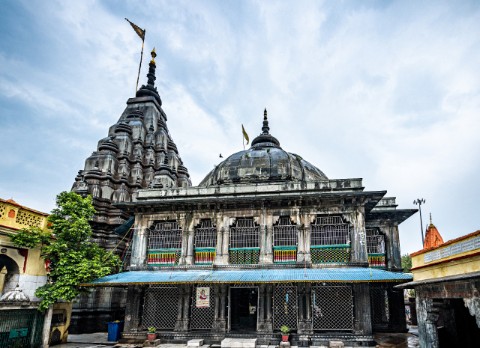
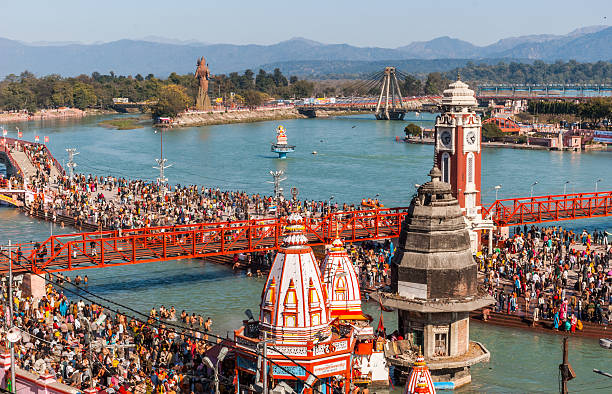





 Hindi, Sanskrit
Hindi, Sanskrit

 Noida
Noida


